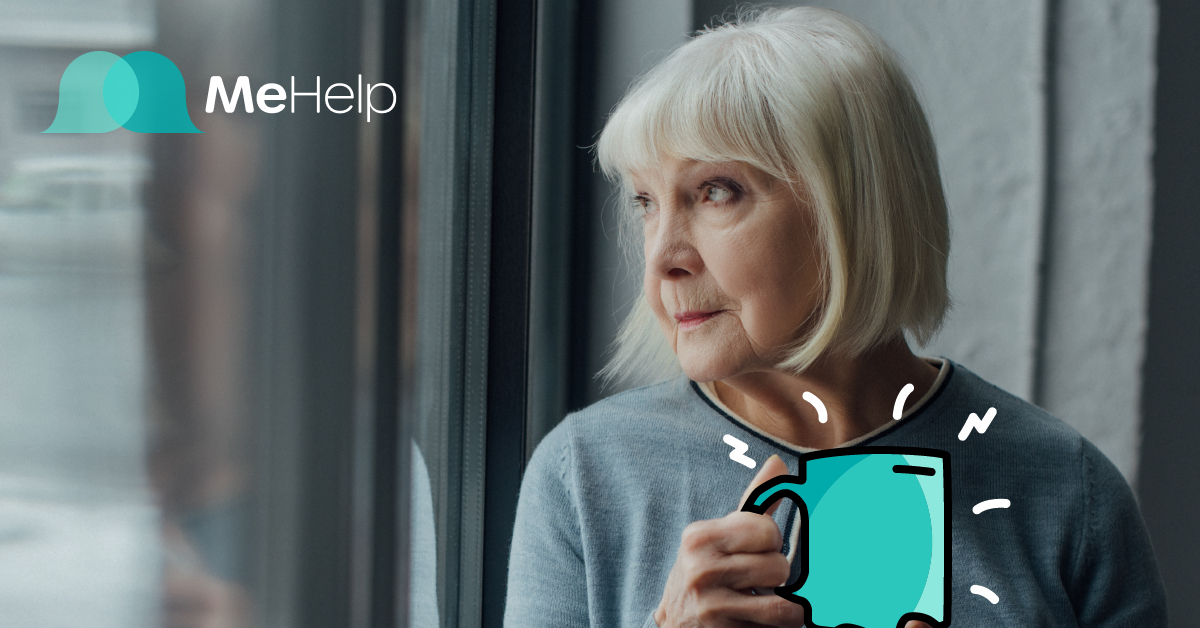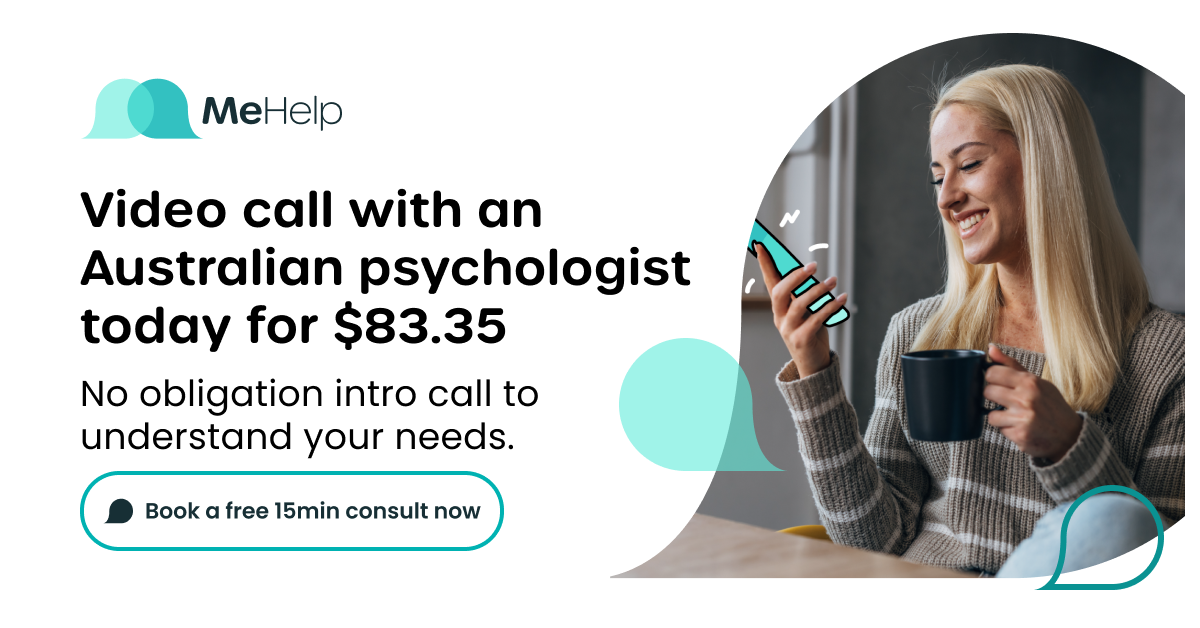Eating Disorders: Understand, Treat and Heal
Eating disorders are serious mental health conditions that affect your relationship with food, body image and self-worth. They can have severe physical, emotional and psychological consequences.
Early recognition and treatment are essential for recovery.
What Causes Eating Disorders?
Eating disorders develop due to a mix of biological, psychological and environmental factors. These may include:
- Genetics or family history of eating disorders
- Perfectionism or low self-esteem
- Trauma, bullying or body shaming
- Cultural pressures or unrealistic beauty standards
- Co-existing mental health conditions like anxiety or depression

Common Types of Eating Disorders
Anorexia Nervosa: Restricting food intake, extreme fear of gaining weight and distorted body image.
Bulimia Nervosa: Episodes of binge eating followed by purging (vomiting, excessive exercise or laxative use).
Binge Eating Disorder: Repeated episodes of eating large quantities of food with a sense of loss of control, often followed by shame or guilt.
Recognise the Signs of an Eating Disorder
- Obsessive focus on weight, food, calories or body shape
- Extreme restriction or control around food
- Episodes of overeating in secret
- Avoiding meals or social situations involving food
- Fluctuations in weight
- Withdrawal from friends or usual activities
- Intense fear of gaining weight, even if underweight
- Physical symptoms like fatigue, dizziness, hair loss or digestive issues
Myths about Eating Disorders
Myth: Eating disorders are just about food or appearance. Truth: Eating disorders are complex mental health conditions involving deep emotional distress.
Myth: Only young women get eating disorders. Truth: Eating disorders affect people of all genders, ages and backgrounds.
Why Getting Help Matters
Eating disorders can lead to serious health issues, including malnutrition, heart problems and mental health decline. Seeking help can:
- Improve your relationship with food and body image
- Address underlying emotional issues
- Restore physical health and wellbeing
- Build lasting coping skills
How MeHelp Psychology Can Support You
At MeHelp Psychology, our psychologists offer supportive and evidence-based treatment tailored to your needs:
- Personalised Therapy: Focused sessions addressing thoughts, behaviours and emotions behind disordered eating.
- Cognitive Behavioural Therapy (CBT-E): A proven approach for eating disorder recovery.
- Acceptance and Commitment Therapy (ACT): Helping you work through difficult emotions and build healthy habits.
- Body Image Support: Improving body confidence and self-acceptance.

Real-Life Example
Chloe, 21, struggled with bulimia for years. She felt stuck in a cycle of guilt, shame and secrecy. With the support of a MeHelp psychologist using CBT-E and ACT, Chloe built healthier eating habits, improved her self-worth and now leads a more balanced, connected life.
Practical Steps You Can Take Today
- Practice Regular Eating: Avoid long gaps between meals to reduce binge urges.
- Identify Emotional Triggers: Keep a journal to explore the connection between emotions and eating behaviours.
- Be Kind to Your Body: Avoid body checking or negative self-talk.
- Limit Exposure to Diet Culture: Unfollow accounts that promote unrealistic body ideals.
- Reach Out: Talk to someone you trust or a mental health professional.
Frequently Asked Questions (FAQs)
Can eating disorders be treated through online therapy?
Yes. Online therapy offers a safe, private and effective space to explore and treat eating disorders.
Is medical support needed alongside therapy?
In many cases, yes. Eating disorders often require a multidisciplinary approach involving a GP, dietitian and psychologist.
Do Medicare rebates apply for eating disorder treatment?
Yes. With a Mental Health Care Plan from your GP, you can receive Medicare rebates for therapy sessions related to eating disorders.
Begin Your Recovery
You are not alone. Recovery from an eating disorder is possible with the right support. MeHelp Psychology is here to help you build a healthier relationship with food, body and self.
Book your first session today and take the first step towards healing.
Are you ready to speak to an online psychologist?
Our caring team are ready to help you. Contact us today to book your 15-minute consultation (at no cost, and no obligation) at a time that is convenient to you. You can be speaking to a psychologist online quickly.
Get Started